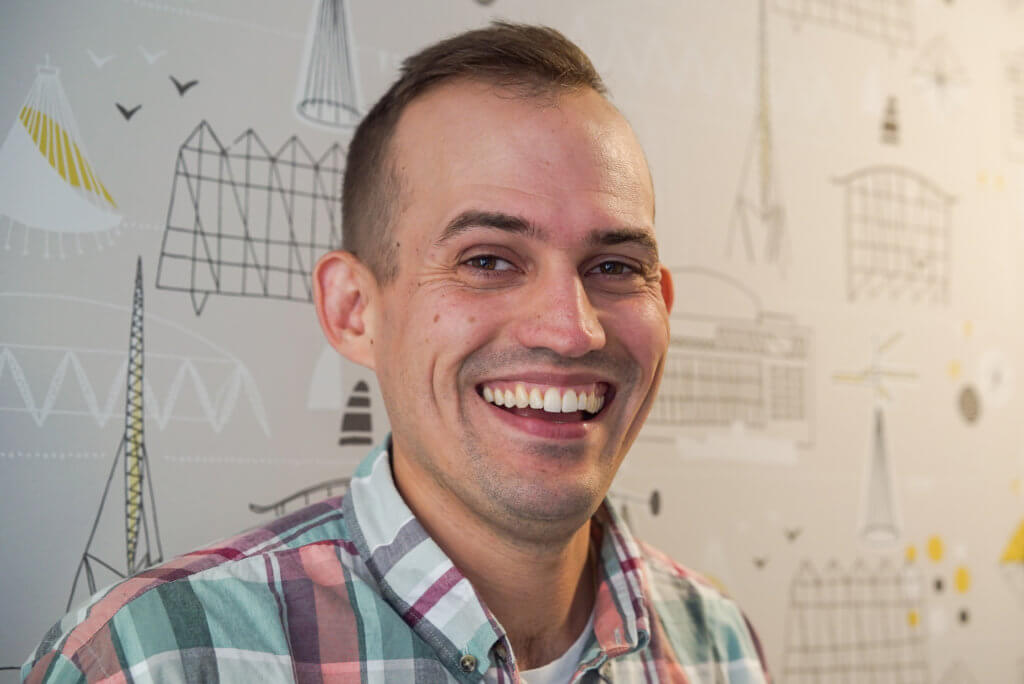Episode
Highlights
Saturday Morning
Conroy is in the corner of the market, like he is every Saturday morning, with his business partner, Alison, and their trays and trays of Jamaican patties. He’s run out of curry veggie patties already, so he runs to the back room to get another tray.

Conroy in the kitchen | Photo: Lisa Gendron
300 years
Like most Caribbean islands, Jamaica has a deep history of colonization. Columbus arrives on the island in 1494 and claims it for Spain. The British take the island 200 years later and maintain control for 300 years. Jamaica only becomes independent in 1962, 10 years before Conroy is born.
Fascinated with food

Conroy rolling out the dough | Photo: Lisa Gendron

Preparing the spices | Photo: Lisa Gendron
Memory Bank
Rising through the ranks
He rises in the corporate ranks and begins training new hires. Eventually, he transfers up to a hotel in Providence because he wants to settle down with his girlfriend and maybe even take classes at Johnson & Wales in culinary arts.

Inside a patty | Photo: Donald Phung
A Jamaican Patty
And what better vessel to tell Conroy’s story than a Jamaican patty? The insides are filled with spices and marinated meats and vegetables Conroy grew up with in Jamaica. And the dough is based on the recipe Conroy learned all those years ago in Crush’s kitchen.

Conroy in the new future home of JA Patty RI | Photo: Ana González


